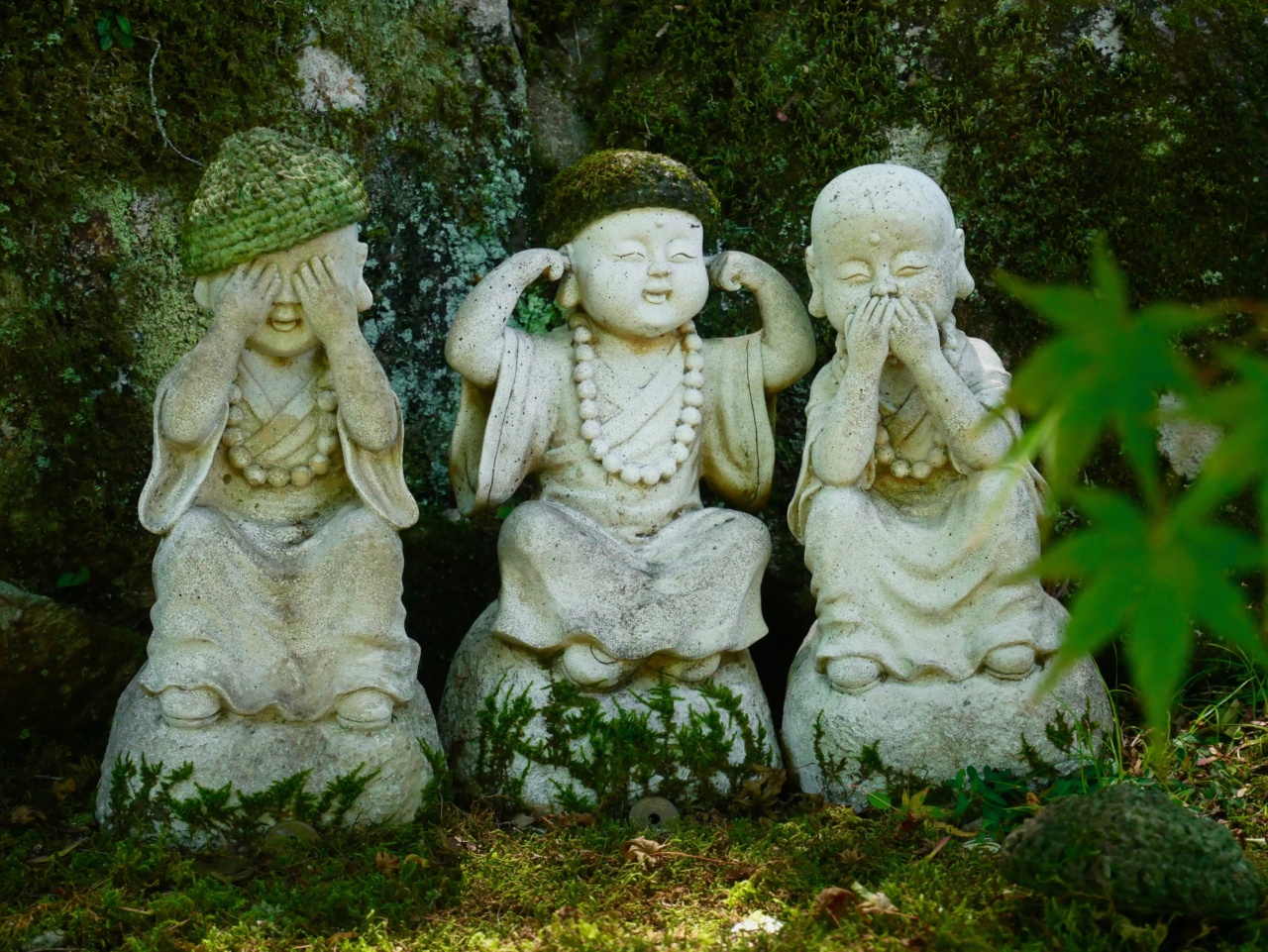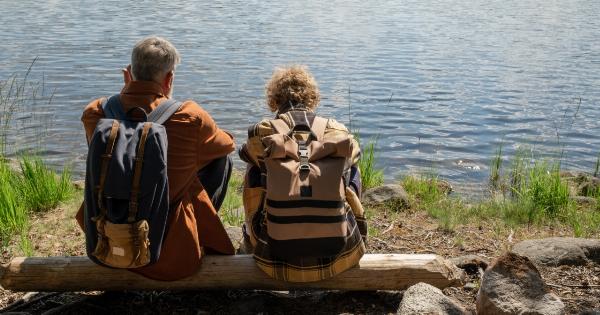Kidney stones are one of the most painful and uncomfortable problems a person can experience. These small, rock-like deposits can form in the kidneys or urinary tract and cause intense pain when they travel down the ureters.
Knowing the signs of kidney stones can help you seek treatment early and potentially avoid more serious complications.
1. Pain in the Back or Side
The most common symptom of kidney stones is pain in the back or side. This pain typically starts as a dull ache but can quickly escalate to sharp, stabbing pain that radiates throughout the abdominal region.
The intensity of the pain can vary depending on the size and location of the stone, but it is often described as the worst pain a person has ever experienced.
2. Painful Urination
Kidney stones can cause pain and discomfort during urination. The pain is often felt as a burning sensation or sharp pain in the lower abdomen or groin. In some cases, the pain may be so severe that it makes it difficult to pass urine.
3. Blood in Urine
Kidney stones can cause bleeding in the urinary tract, which can cause blood to appear in the urine. The blood may be visible or only present under a microscope.
If you notice blood in your urine, it’s important to seek medical attention as soon as possible.
4. Nausea and Vomiting
In addition to abdominal pain and discomfort, kidney stones can also cause nausea and vomiting. These symptoms are often a result of the intense pain associated with kidney stones.
5. Fever and Chills
When a kidney stone becomes infected or causes an obstruction, it can lead to fever and chills. Infections can be serious, and it’s important to seek medical attention if you experience these symptoms.
6. Difficulty Passing Urine
If a kidney stone becomes large enough, it can obstruct the urinary tract and make it difficult to pass urine. This can cause discomfort and pain in the lower abdomen and may require medical intervention to remove the stone.
7. Foul-Smelling Urine
When kidney stones become infected, it can cause the urine to become foul-smelling. This odor is often described as strong and unpleasant, and it’s important to seek medical attention if you notice this symptom.
8. Excessive Urination
For some people, kidney stones can cause an increase in the frequency of urination. This is often the result of irritation caused by the stone, and it’s important to seek treatment to prevent further complications.
9. Sharp Pain in the Groin
Kidney stones can cause sharp pain in the groin or genital region. This pain may be accompanied by other symptoms such as nausea, vomiting, or difficulty passing urine.
10. Pain that Comes and Goes
Kidney stone pain can come and go, making it difficult to diagnose. This is especially true for smaller stones, which can cause intermittent pain and discomfort.
If you experience any of the symptoms above, it’s important to seek medical attention as soon as possible to prevent complications.





























